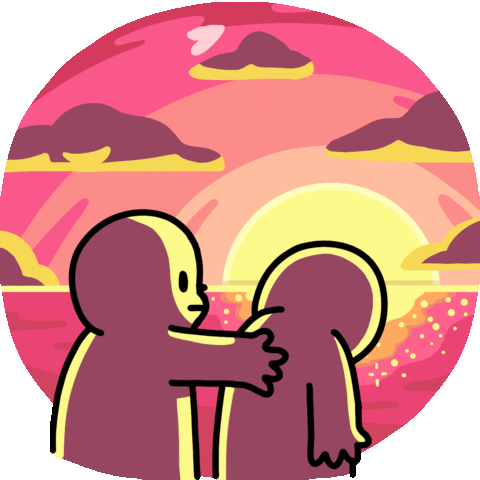I never thought the reality of breaking away from my eating disorder would be frightening. I assumed diluting my personality from the nature of anorexia would be a relief, but instead, I find myself dreading an existence without a destructive force. It sounds weird to type aloud, but anorexia has been my centre ever since I was introduced to instability, and now I can’t imagine safety without unhealthy habits and disordered thinking.
There have been various moments this year where I’ve wanted to expand my food repertoire, but haven’t, I’ve had the appetite for it, but perhaps not appetite enough to move away from what I’m used to. I wouldn’t know who I was without my eating disorder, and although it sounds pretty irrational, I can’t curb the belief that if I was to start eating intuitively, I would feel almost empty, not empty by hunger, but empty by design.
I’m aware of how devastating anorexia is, having gone through hell and back with it, but sometimes hell can feel like heaven, particularly when it’s inhabited by voices that sound like angels.
I grew up feeling pretty insignificant and comparably worse to others, so it was nice, despite the implications, to be wanted by something, even if that something meant me complete harm.
As much as I love living the Plan A of my life, anorexia always sits like a Plan B, which is why I think I find it so difficult to totally detach from it. I don’t like the idea of not being caught by the pangs of starvation because I’ve medicated so much with it in the past, regardless of its adverse side-effects, I’ve relied on it to the point of not needing anything or anybody else. So, if not restriction, then what? It almost feels strange to comprehend sadness on a full stomach.
Saying this, however, I know I’ll eventually have a good relationship with food because I’m already learning to be a bit bolder during mealtimes, even if that means the small addition of a condiment on salad. The boldness I show when making food-related decisions can sometimes make me feel uncomfortable or even shameful, but I’ve got to manage these feelings to eliminate the hold my anorexia has over me.
When I first started recovery, I read a lot of accounts from anorexia survivors struggling to disentangle themselves from their ED, and at the time, I failed to understand this. I assume because I was new to healing and therapy, I hadn’t realised how close I was to my own eating disorder, and I also didn’t know much about my eating disorder and how it came to be.
Knowing what I know now about my anorexia, it does help me fight it, but furthering my understanding of my ED also helps me sympathise with it (to some degree), which can sometimes make rejecting it harder. I know why it was created or fuelled, to “protect” me, so the instinct is to run to it whenever I’m feeling threatened.
I’m not sure how long it’ll take for me to be completely free of my disorder, in fact, I suspect I’ll never be entirely unaffected by it, but I am working on a way of reducing its impact on my life and the choices I make. It’s a slow process, occupying an identity outside of your disordered parts, but let the hope remain with what is you and not your eating disorder.







